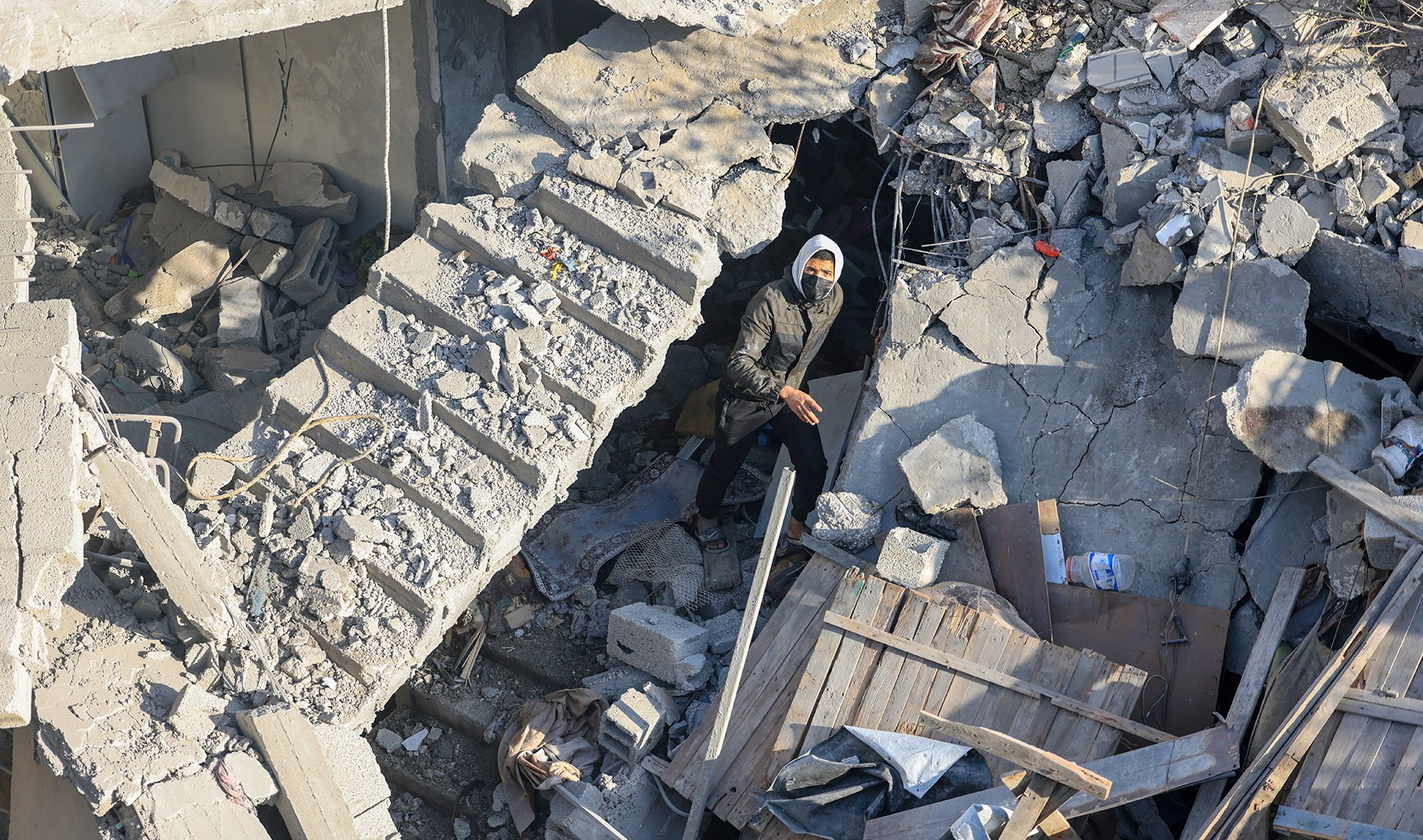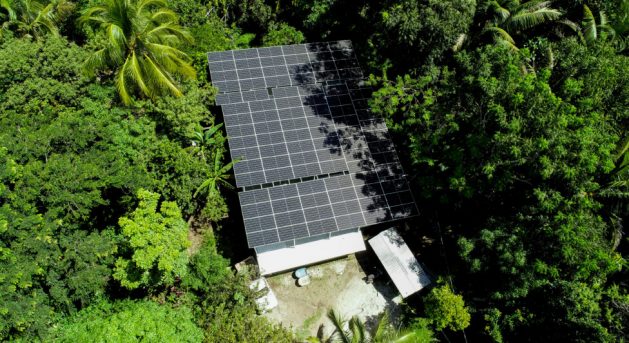The Africa We Want is Still Within Reach & a Priority for the United Nations — Global Issues
UNITED NATIONS, Jul 21 (IPS) – Amina J. Mohammed, Deputy Secretary-General of the United nations, in an address to the Joint High Level Dialogue on Africa, 20 July 2022.The “Africa We Want” – as outlined in Agenda 2063 – embodies the African Union’s bold vision of an integrated, prosperous, and peaceful continent.
An Africa shaped by its own narrative, informed by its own citizens and representing a dynamic force on the world stage. The United Nations shares this vision and its realization through the 2030 Agenda for Sustainable Development.
Today’s event provides a global platform for African Member States and the United Nations and partners to share progress and reaffirm that giving light to this vision remains our shared priority. Sadly, Africa’s development gains are at risk, as a consequence of the current three ongoing crises.
First, the COVID-19 pandemic.
The effects of the pandemic have reversed progress made over the past two decades, and further shrank an already limited fiscal space.
Social inequalities have been exposed and exacerbated in nearly every sphere: in vaccine distribution, in economic growth, in access to education and health care, and in terms of job and income losses.
For the first time in over 20 years poverty has increased. Women and informal workers have been disproportionately affected.
Second, climate change continues to threaten Africa’s future. Droughts, floods and hurricanes are growing in number and severity and African countries are on the front line. Even though this week, we are witnessing record hight temperatures in Europe and UK, where forest fires and homes burring have taken lives.
COP27 in Egypt will be the African COP. It will be the opportunity to build on the outcomes of Glasgow and to signal the ambition of the stock take COP28.
There is a unique opportunity to lift the ambition and keep the promise of the 2030 Agenda, including the Paris agreement and the promise of the Agenda 2063.
To scale-up and speed-up investments in climate adaptation solutions that that protect people and ecosystems, building resilience for the crises to come.
Third, the war in Ukraine.
The war is not only causing immense human suffering — it is now precipitating a global food, energy, and finance crisis. 71 million people in developing countries have fallen into poverty in the space of just 3 months, as a direct consequence of global food and energy price surges.
People living in regions like the Sahel and the Horn of Africa are particularly vulnerable to food insecurity. As the Secretary-General has warned, “there is a real risk that multiple famines will be declared in 2022. And 2023 could be even worse.”
The Africa we want is still within reach. To get there, we need to change our mindsets and turn the triple crisis into an opportunity. To do so, we must focus on five, amongst many of our key issues:
First, building effective and reliable policy frameworks and institutions.
To be clear: policy choices have the capacity to make or break this world. Without a forceful policy response to today’s challenges, there is a risk that inequality will become entrenched.
For an inclusive economic recovery, policy responses need to put human capital and future resilience at the centre of policy making. We need to promote the complementarity between formal and informal social protection networks as tools to achieve income distribution.
Second, we must future-proof Africa’s infrastructure by investing in connectivity and digital technologies.
The launch of the African Continental Free Trade Area provides an exciting opportunity for African countries to industrialize, diversify and digitize their economies, and enhance regional cooperation and resilience.
Third, education and skills-development are enablers of Africa’s industrialization.
Digital skills, science, technology, engineering and mathematics need to be integrated into the curricula of African schools and education institutions. This is the only way that the continent will be able to build a skilled workforce that is able to realize the fourth industrial revolution.
The Transforming Education Summit that the Secretary-General will convene in September will help to radically redesign our education systems for the world of tomorrow, today.
Fourth, achieving sustainable energy for all across the continent.
The global rise in energy prices that we are witnessing should prompt African countries to accelerate energy access and a just transition, including through scaled-up domestic renewable energy production and energy efficiency. But this is an opportunity for foreign direct investment in many of these economies that will pave a way for that industrialization that we speak to.
Finally, we need an overall of our approach to financing.
In the short term, African countries need immediate relief to ensure they can survive the immediate next years — through the re-channeling of unused Special Drawing Rights, increased concessional grants, and the renewal of the Debt Service Suspension Initiative.
In the long term, we will need to re-prioritize where and how investments get made. This requires massively scaling up investments in the sectors that remain critical to bolstering resilience and inclusive growth.
And this requires redistributing funds away from sectors that undermine these efforts—while supporting a just transition for all in the process.
The Africa We Want is not only good for the Continent — it is good for the world.
Building the Africa We Want means delivering the urgent scale in the support that Africa needs, it also means putting at the centre our youth and women.
Now is the time to urgently rescue the SDGs in Africa and lay the foundation for the ambition of the 2063 Agenda – and in the world at large.
Today, let us recommit to our ambitious vision and to continue to work alongside African countries to realise a greener, more sustainable, and more inclusive future for all.
IPS UN Bureau
Follow @IPSNewsUNBureau
Follow IPS News UN Bureau on Instagram
© Inter Press Service (2022) — All Rights ReservedOriginal source: Inter Press Service
Check out our Latest News and Follow us at Facebook
Original Source







